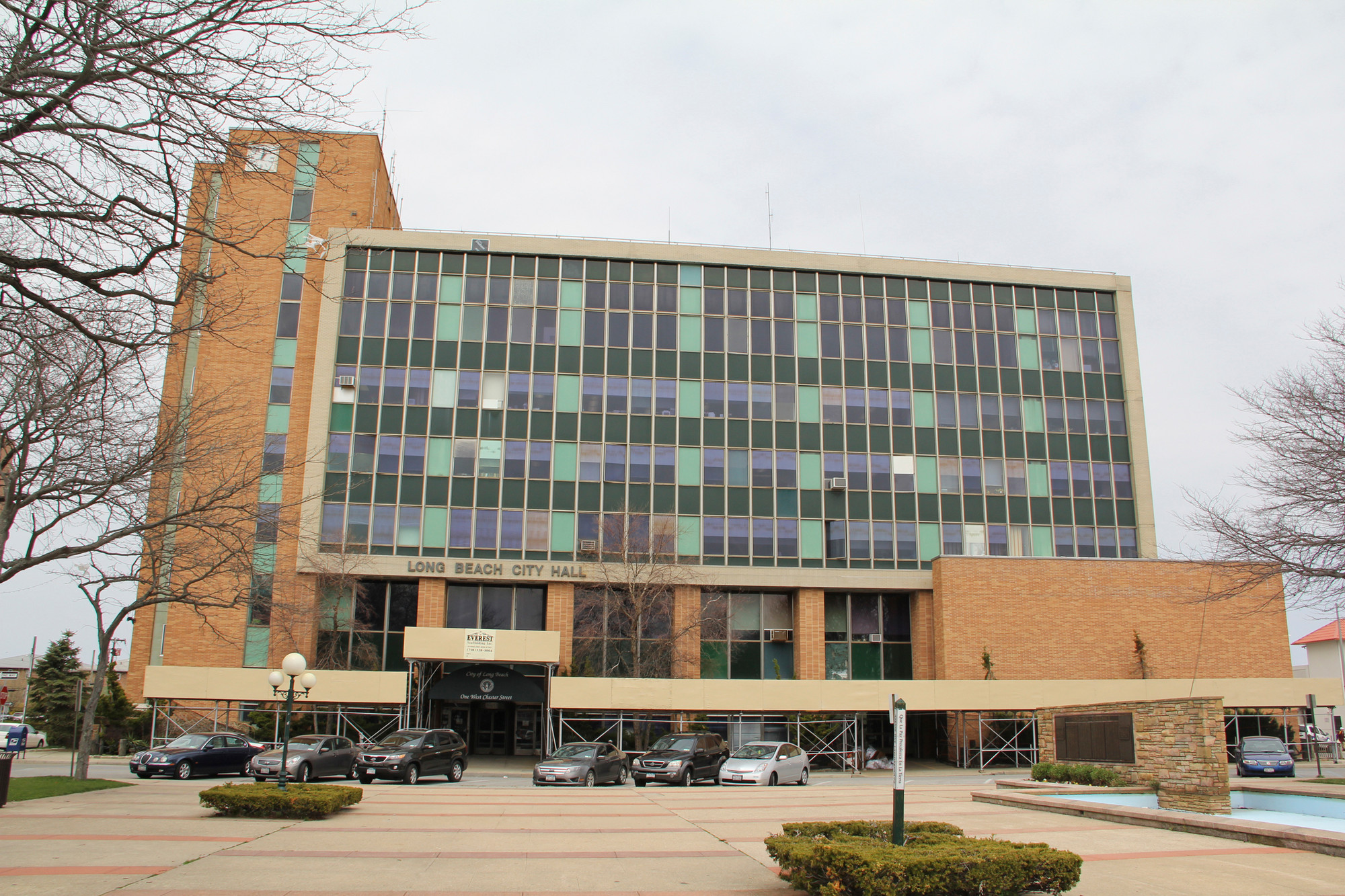State audit confirms Long Beach's fiscal crisis
DiNapoli: prior administration mismanaged funds
A multi-year deficit, a depleted reserve fund, large payouts to retirees that the city couldn’t afford, thousands of dollars in cash that is unaccounted for at the beach park, lost or destroyed records and years of poor budgeting led to Long Beach’s financial decline, according to a scathing audit released on July 11 by the state comptroller’s office, which concluded that the prior administration mismanaged the city’s finances.
Auditors said that for years, that administration enacted budgets that made unrealistic estimates of revenues and expenditures and created an $18 million multi-year deficit, while also exhausting $21 million in reserve funds that led the current administration to declare a fiscal crisis last year.
The audit was conducted before Hurricane Sandy, at the request of the current administration, and covered fiscal years 2008-09 through 2011-12. It examined the city’s finances, focusing on cash receipts generated by recreational activities, and uncovered a host of problems including cash shortages at the beach park (see accompanying story, "Audit finds lack of cash controls at Rec Department").
“By consistently adopting inaccurate budgets, the prior city administration created a significant deficit, depleted its surplus funds and went further into debt,” Comptroller Tom DiNapoli, a Democrat, said in a statement. “As Long Beach continues to recover from the devastation caused by Superstorm Sandy, city officials must also battle to undo the long-term damage done to their budget. It is encouraging that the current administration requested this audit to aid their efforts.
“Although Long Beach was facing financial strain before the storm,” DiNapoli continued, “city officials’ pro-active approach will be necessary to address systemic budget problems and lead the city out of fiscal stress.”
The state’s findings came weeks after an independent audit uncovered a $9.2 million deficit for fiscal 2011-12. City officials have often cited the deficit as a symbol of the previous administration’s mismanagement, which led to a number of short-term borrowing measures and a three-year residential tax surcharge.

 50.0°,
Fog/Mist
50.0°,
Fog/Mist 




